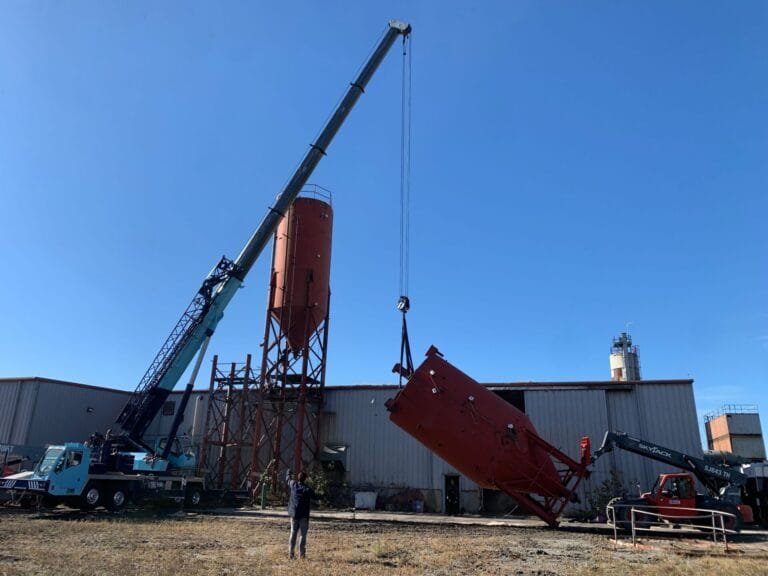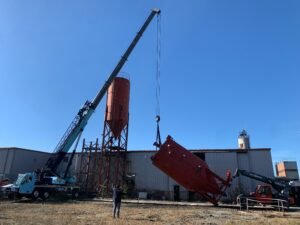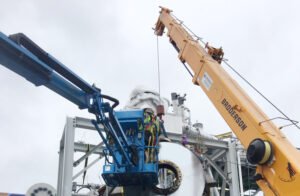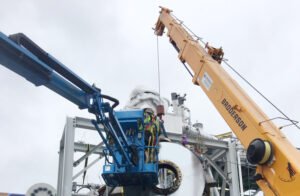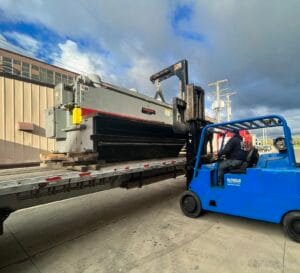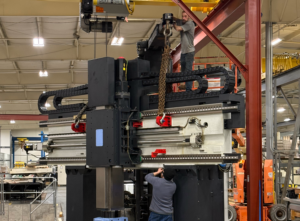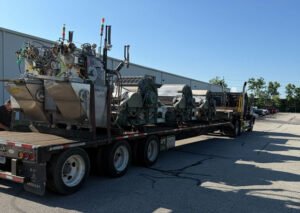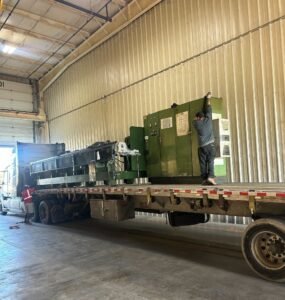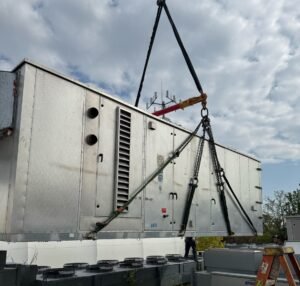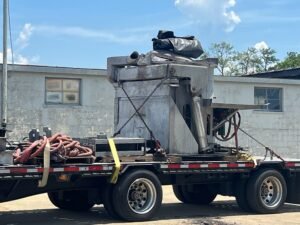Crane services are an essential part of many construction, industrial, and logistical projects. Whether you’re lifting heavy machinery, assembling steel structures, or handling large shipping containers, cranes provide the heavy lifting capacity required for successful project execution. However, calculating the cost of crane services can be challenging, as several variables influence the final price. This comprehensive guide will walk you through the factors that affect crane service costs, methods to estimate your project’s expenses, and tips for optimizing your budget.
Factors Affecting the Cost of Crane Services
- Type of Crane Required The type of crane you need will significantly impact the cost. Cranes come in various sizes and capabilities, such as:
- Mobile Cranes: Versatile and ideal for smaller projects.
- Tower Cranes: Commonly used for tall buildings and long-term construction projects.
- Rough Terrain Cranes: Suitable for off-road or rugged environments.
- Crawler Cranes: Provide high stability and are used for large-scale projects. Each crane type has a different rental cost based on its size, capacity, and complexity.
- Load Weight and Size The weight and dimensions of the materials you need to lift directly affect the type of crane required and the overall cost. Heavier or oversized loads may require larger cranes with higher lifting capacities, which typically come at a premium.
- Duration of the Rental Crane services are usually priced by the hour, day, or project. Longer rental durations can sometimes qualify for discounted rates, but this depends on the service provider and project requirements.
- Operator Costs Many crane rentals include the cost of a trained operator, but some providers allow you to hire your own. Operator fees can vary based on their experience and certifications, which adds to the overall cost.
- Site Accessibility and Preparation The ease of access to your project site can impact costs. For instance:
- Narrow or congested sites may require specialized equipment or additional labor.
- Sites with poor ground conditions may need preparation work, such as leveling or reinforcement, before crane setup.
- Permits and Insurance Depending on your location, permits may be required to operate a crane on-site, especially for public or urban areas. Insurance to cover potential damage or liability is also a necessary consideration.
- Additional Equipment or Services Projects may require supplemental equipment like rigging, slings, or transport vehicles, which can increase costs. Some service providers also offer package deals that include these extras.
- Travel and Setup Fees If the crane needs to be transported a significant distance to your site, travel costs will be added to your bill. Additionally, setting up the crane, particularly for larger models like tower cranes, can incur extra charges.
Steps to Calculate the Cost of Crane Services
Step 1: Define Your Project Requirements
Start by outlining the specifics of your project:
- What materials need to be lifted?
- What is the total weight and size of these materials?
- How high and far do the materials need to be moved? This information will help you determine the appropriate type of crane and lifting capacity required.
Step 2: Choose the Right Type of Crane
Based on your project requirements, select a crane that suits your needs. Consult with crane service providers to identify the most cost-effective option. For example, a mobile crane may suffice for smaller projects, while larger projects might need a crawler or tower crane.
Step 3: Obtain Quotes from Multiple Providers
Contact multiple crane service providers to compare prices. Be clear about your project details so they can provide accurate quotes. Request a breakdown of costs, including rental fees, operator charges, and any additional expenses.
Step 4: Factor in Permits and Insurance
Research local regulations to determine if permits are needed for crane operation. Inquire whether the service provider includes permit acquisition in their package or if you need to handle this separately. Ensure adequate insurance coverage is in place to protect against potential damages or accidents.
Step 5: Consider Site Preparation Costs
Evaluate your project site to identify any necessary preparation work. If ground conditions need improvement or if the site has limited access, factor these costs into your budget.
Step 6: Estimate Duration of Use
Calculate how long you’ll need the crane. Determine whether hourly, daily, or project-based pricing is more economical for your timeline.
Step 7: Include Additional Equipment or Services
Consider any additional equipment or services required, such as rigging or transport vehicles. Ensure these costs are included in your estimate.
Step 8: Account for Travel and Setup Fees
Ask service providers about travel and setup charges. If your site is remote, these fees could represent a significant portion of your total cost.
- Plan Ahead Advance planning can help you book the right crane at competitive rates. Last-minute bookings often come with premium charges.
- Bundle Services Some providers offer package deals that include additional equipment or services at a discounted rate.
- Optimize Rental Time Minimize rental duration by ensuring your site is prepared and ready before the crane arrives.
- Negotiate Rates Don’t hesitate to negotiate with service providers, especially for long-term or large-scale projects.
- Work with Reliable Providers Partnering with a reputable crane service provider can save money in the long run by avoiding unexpected delays or hidden fees.
Alltracon: Your Trusted Partner for Crane Services
For a seamless and cost-effective crane service experience, choose Alltracon. Known for their industry expertise and commitment to excellence, Alltracon provides reliable, high-quality crane services tailored to meet your project needs. With a team of skilled operators, state-of-the-art equipment, and competitive pricing, Alltracon ensures your project is executed safely and efficiently. Trust Alltracon to deliver unparalleled value and service.
Conclusion
Calculating the cost of crane services for your project involves considering multiple factors, including the type of crane required, rental duration, site conditions, and additional fees. By carefully assessing your project’s needs and obtaining detailed quotes from providers, you can create an accurate budget and avoid unexpected expenses. Planning ahead, optimizing rental time, and partnering with a reliable service provider like Alltracon can further streamline the process and ensure your project’s success. With careful preparation and the right support, your crane service needs can be met efficiently and within budget.
